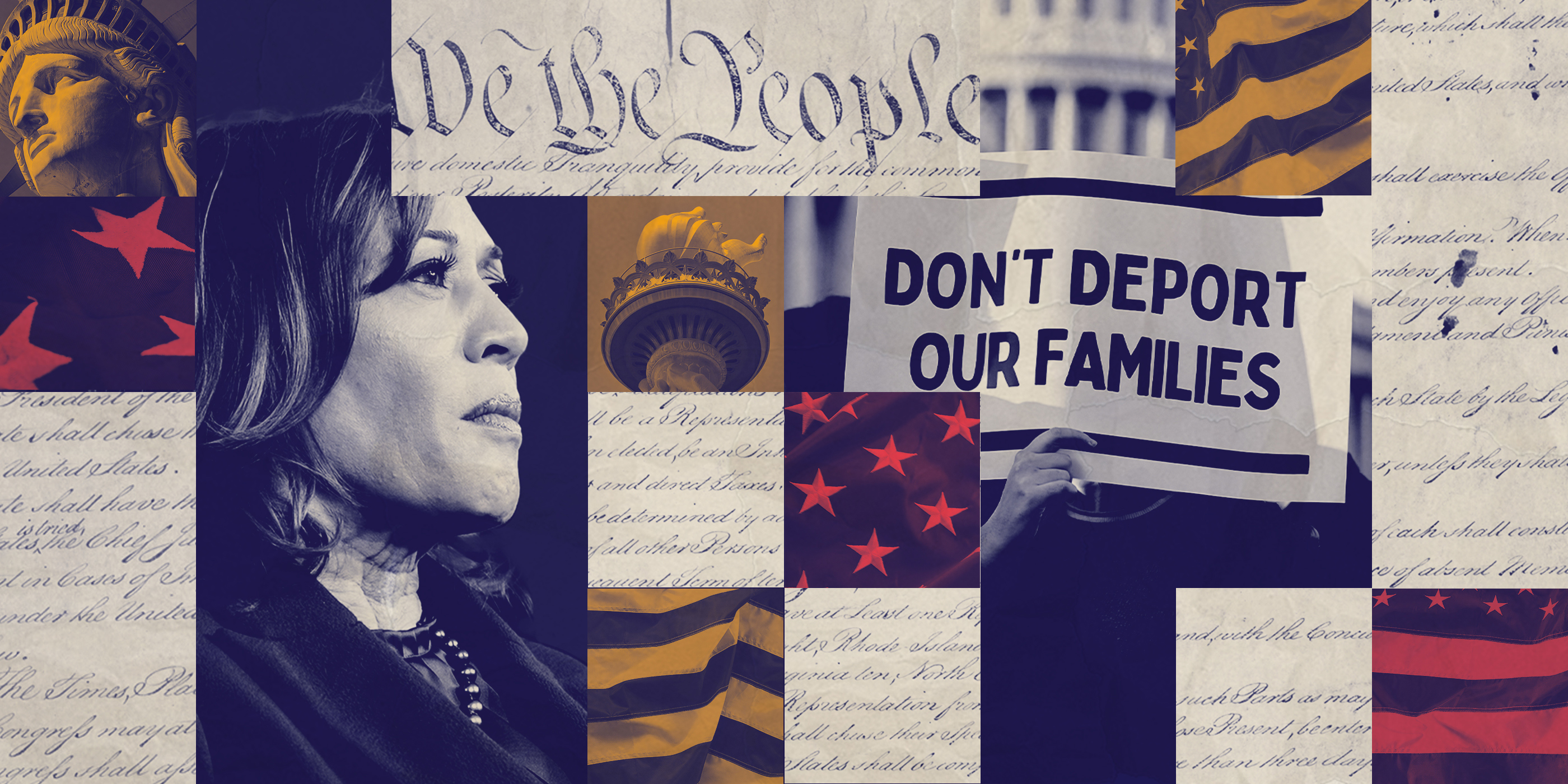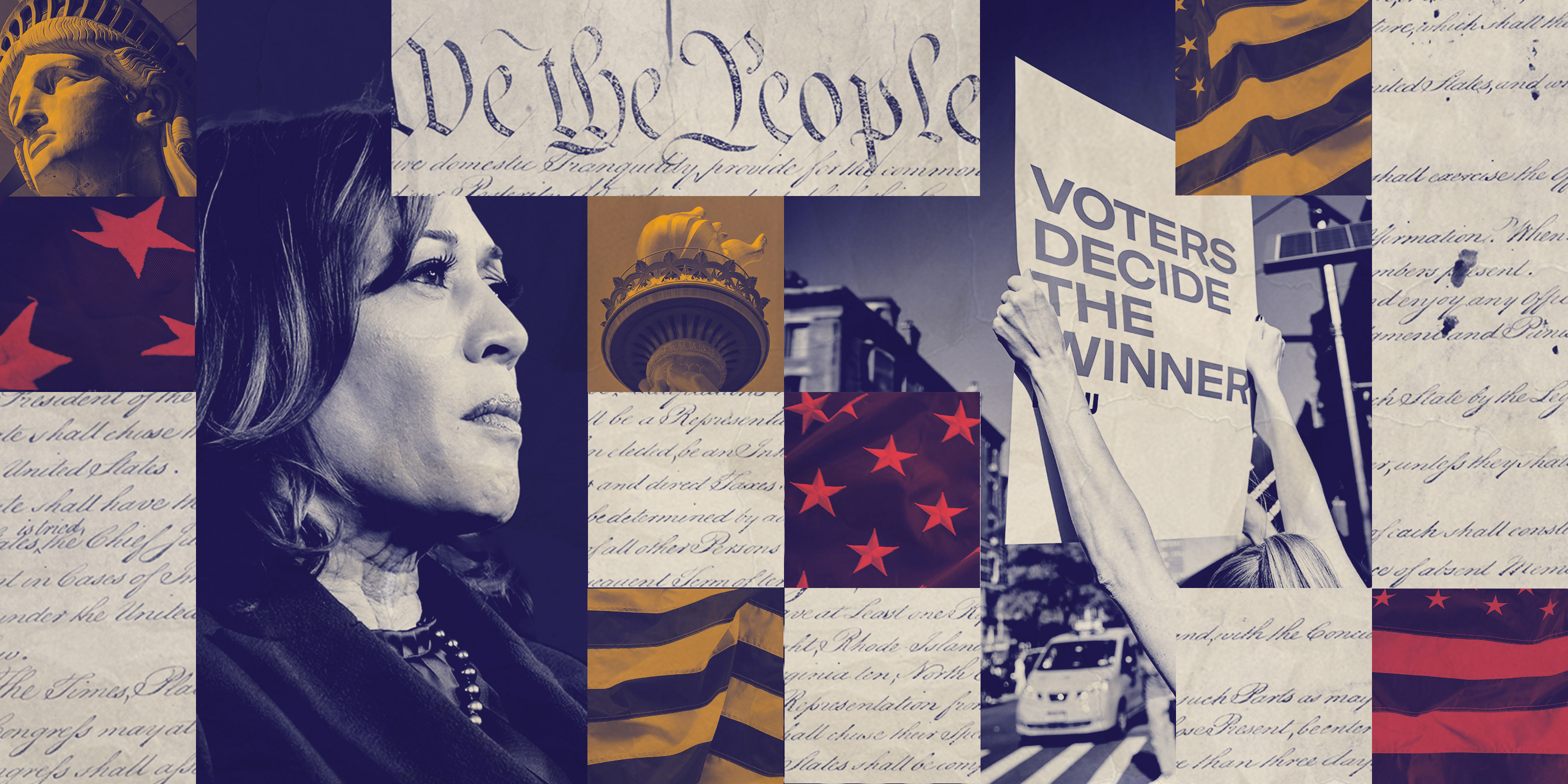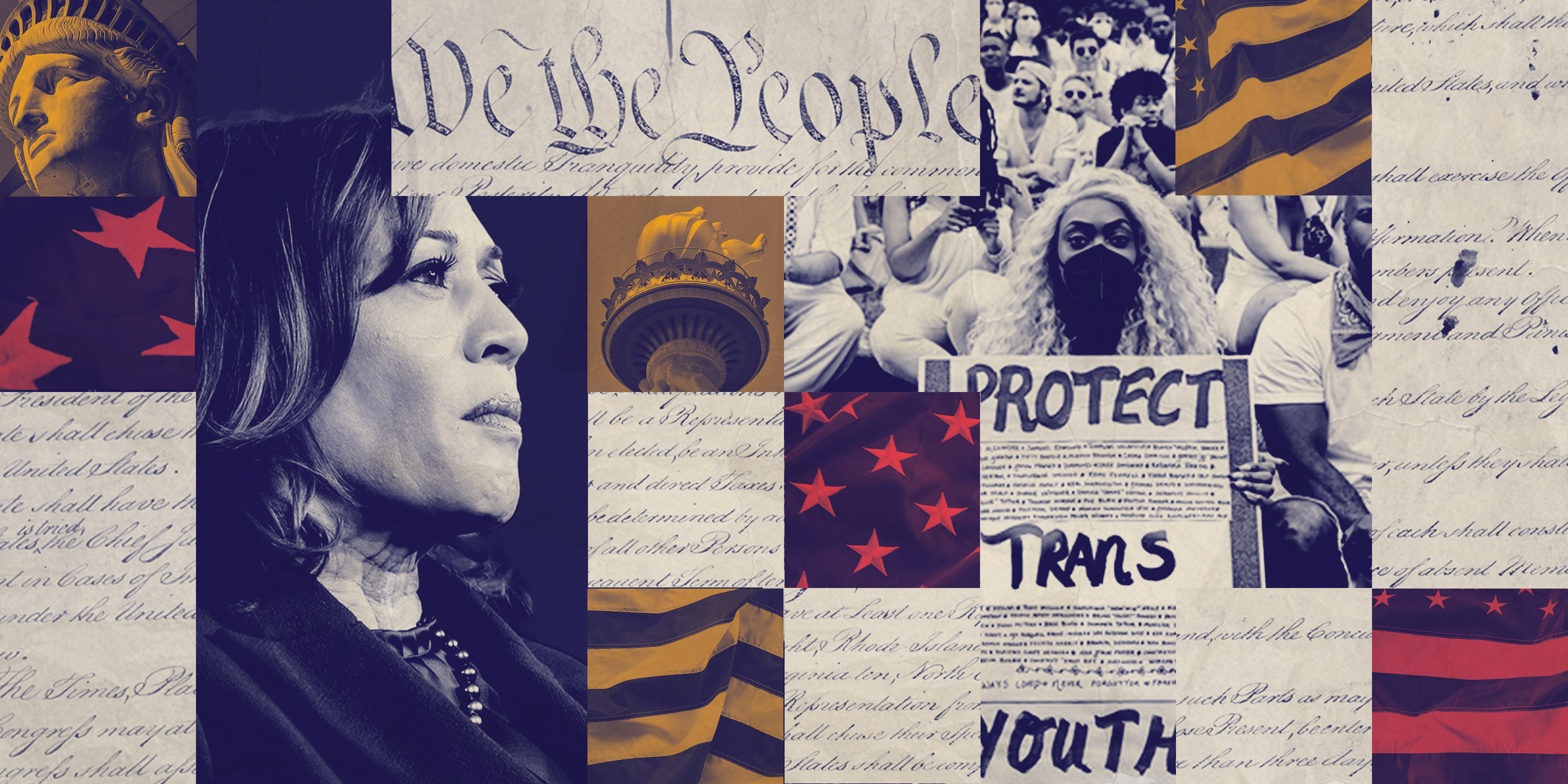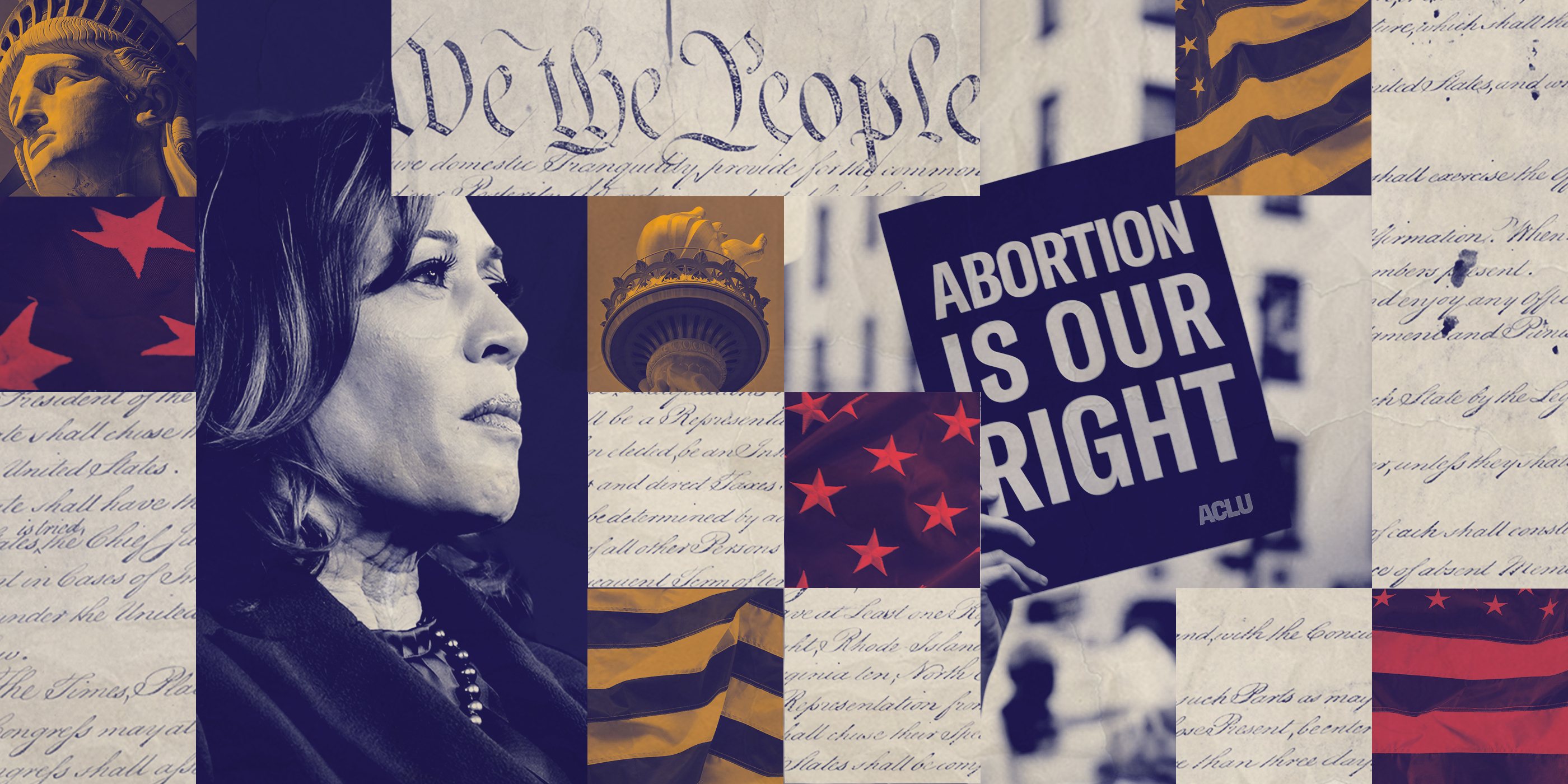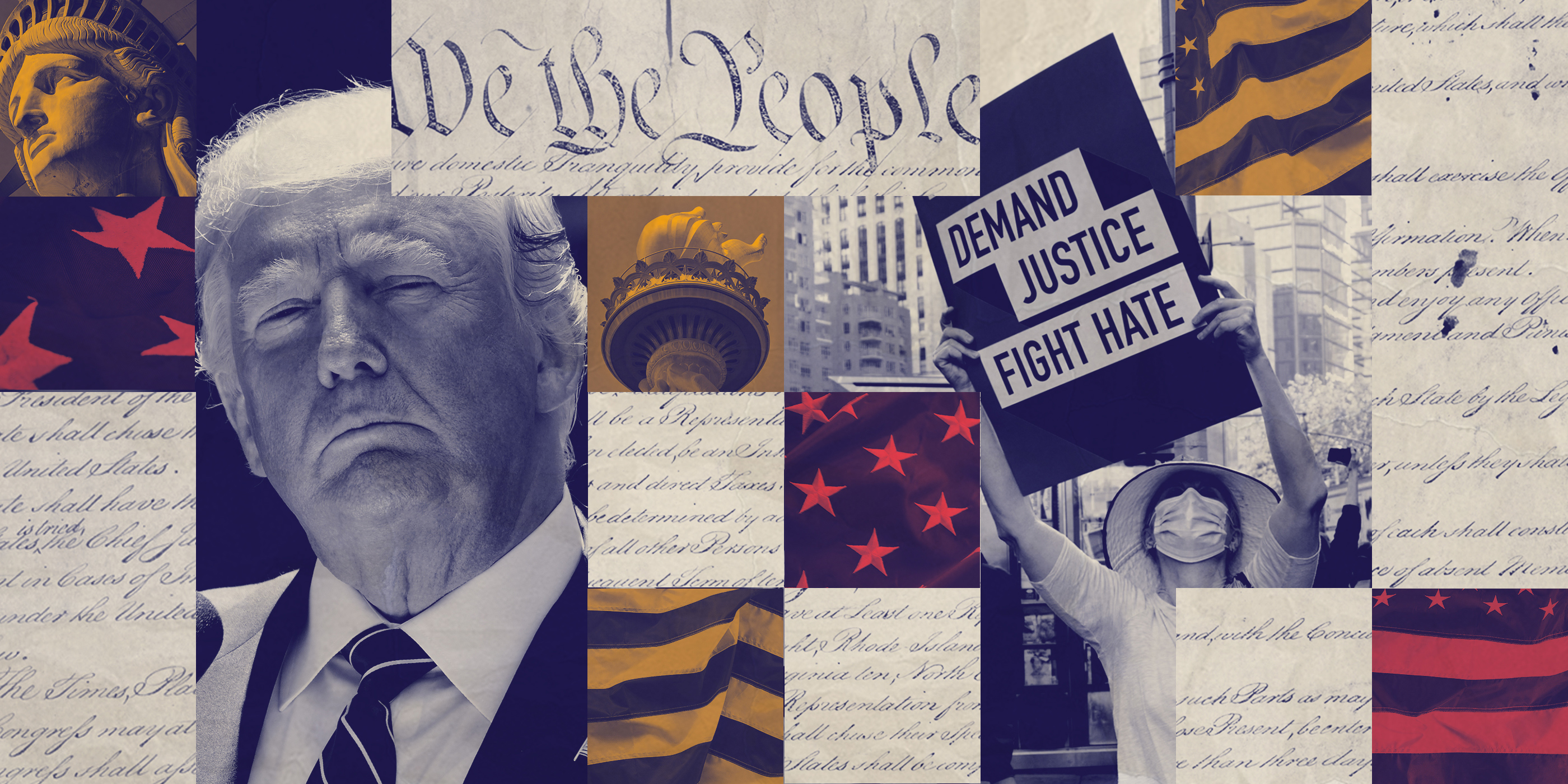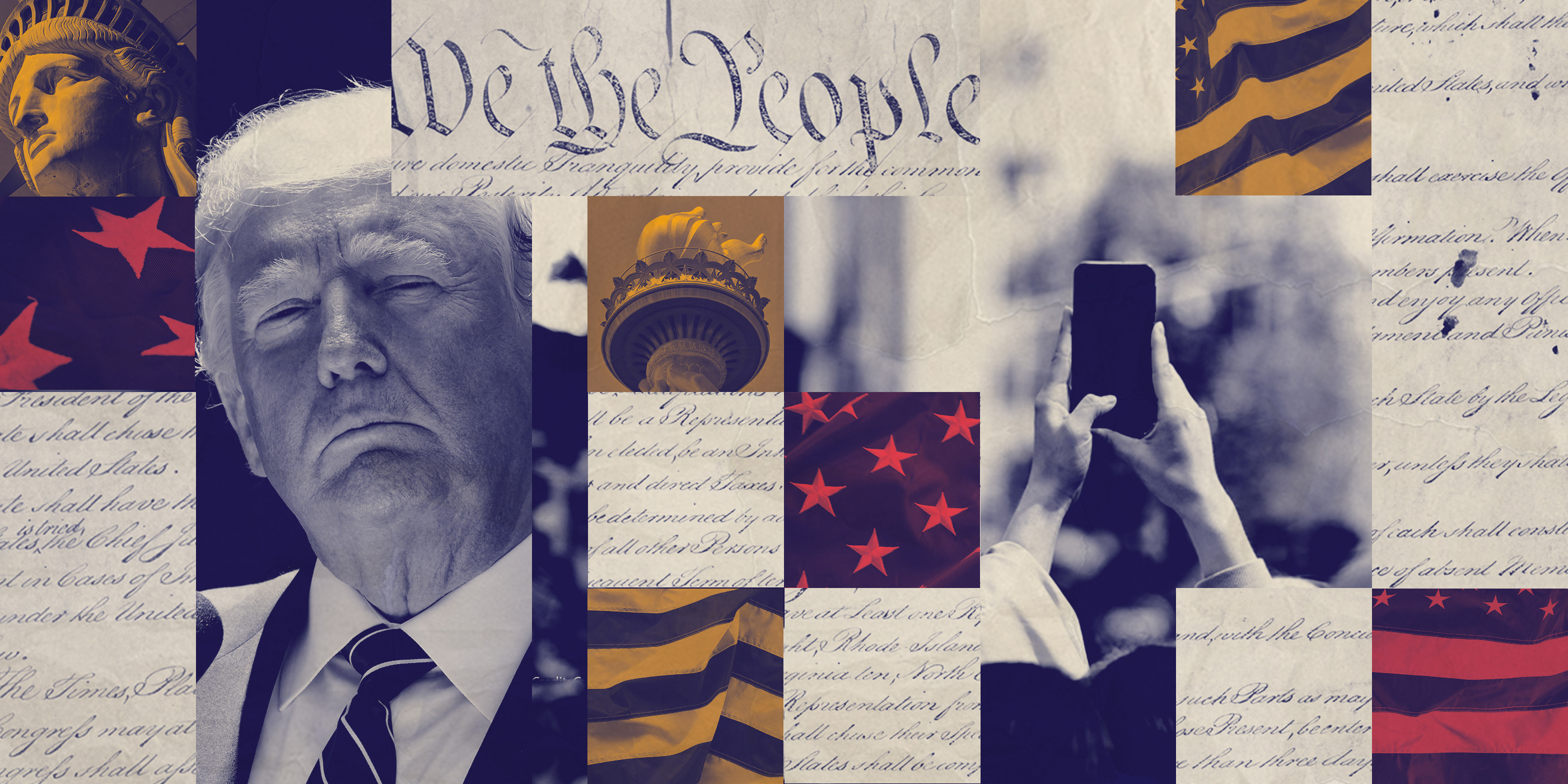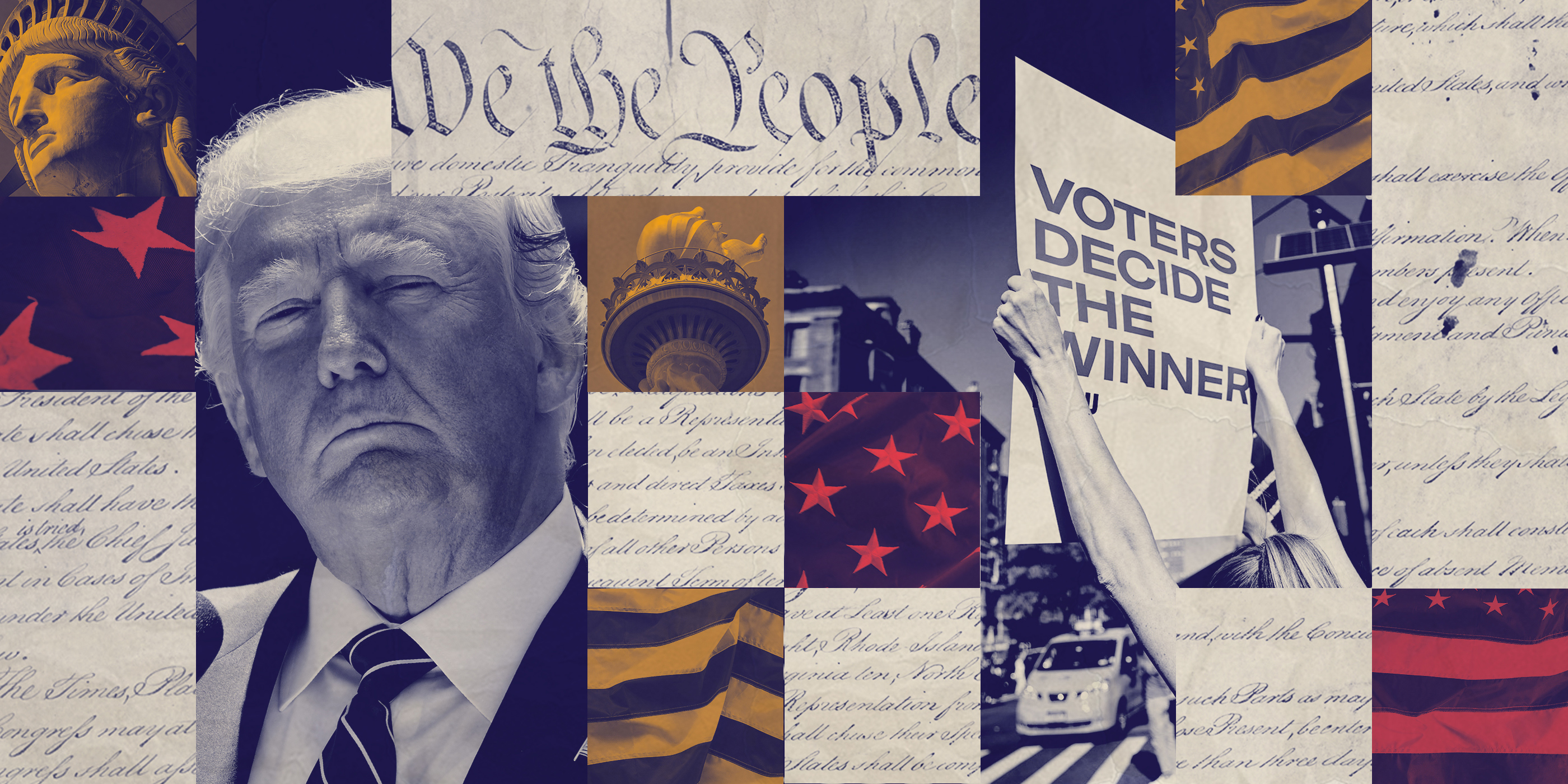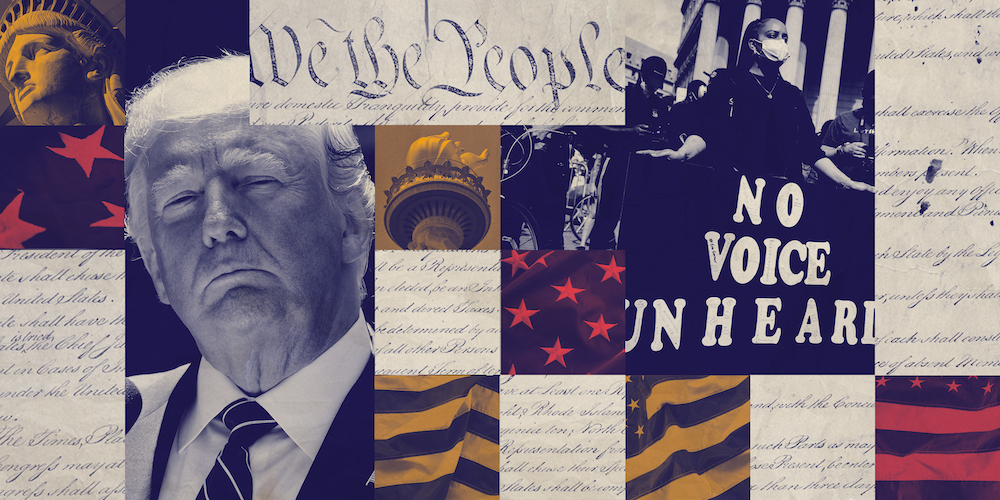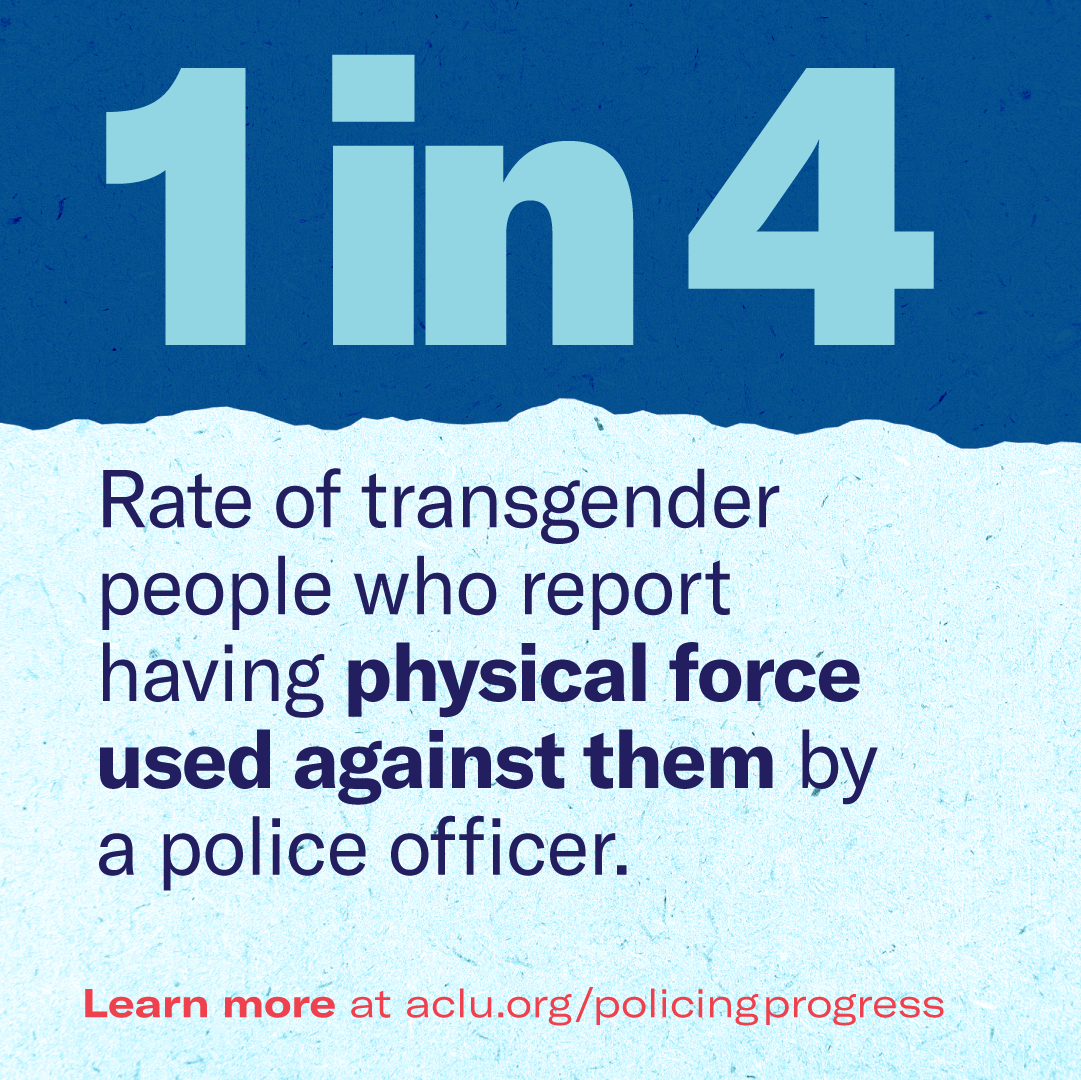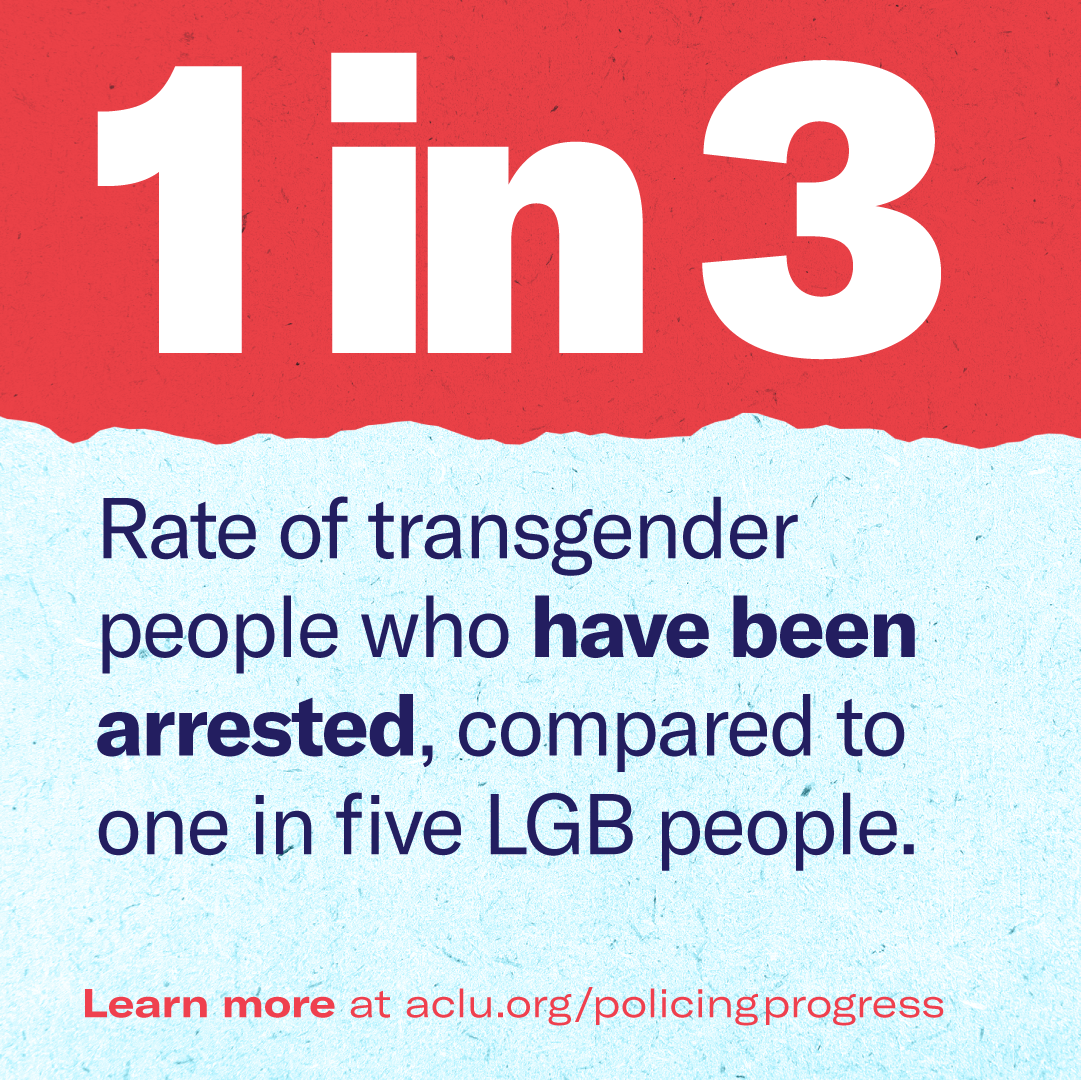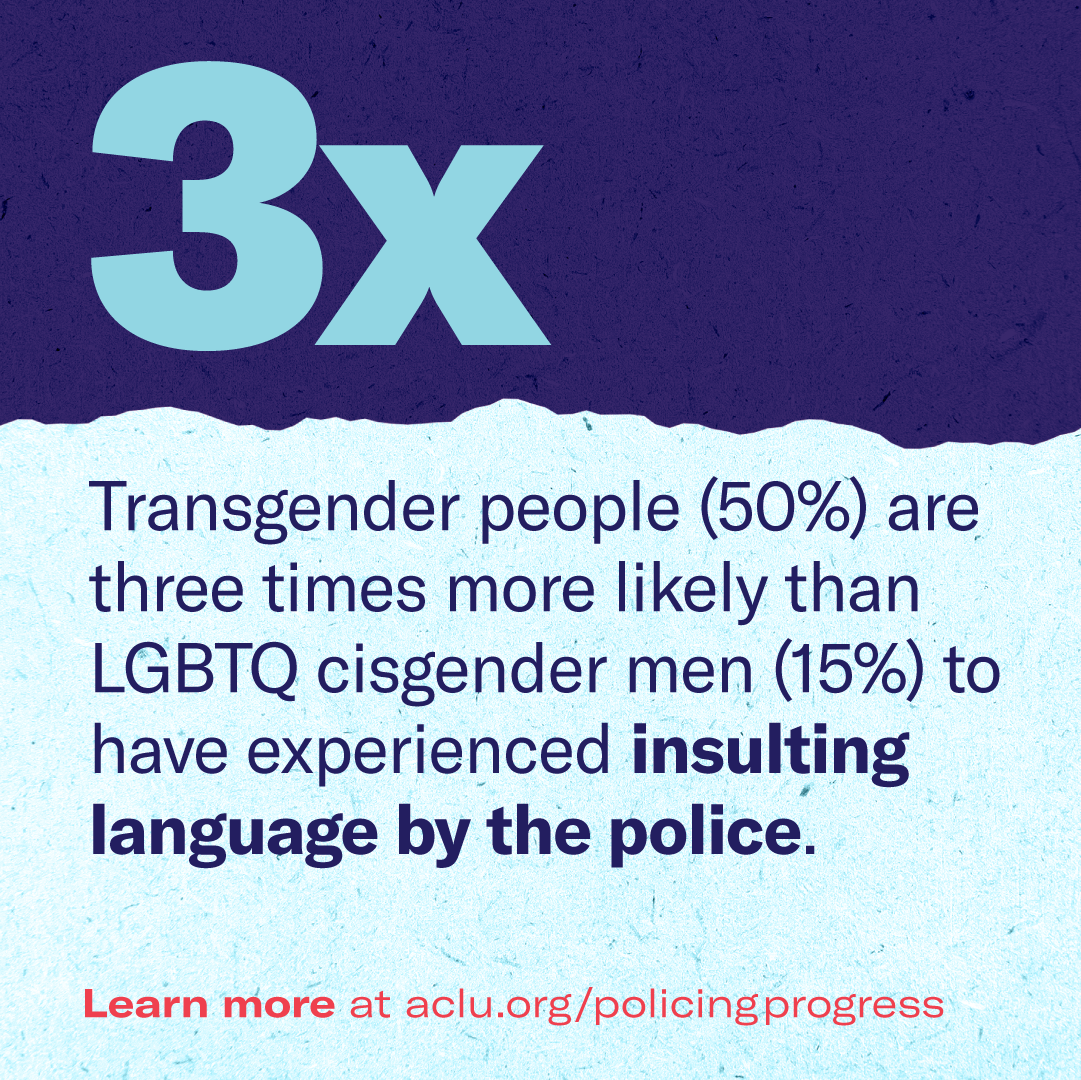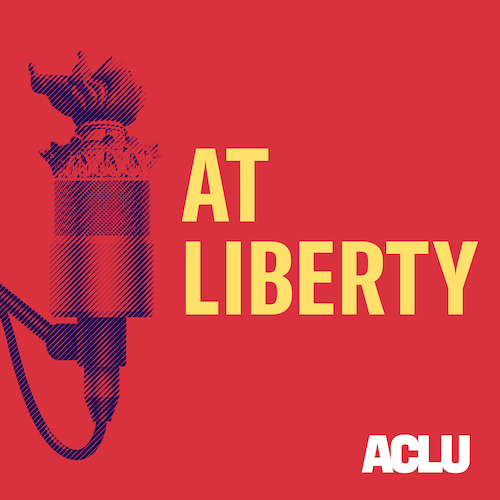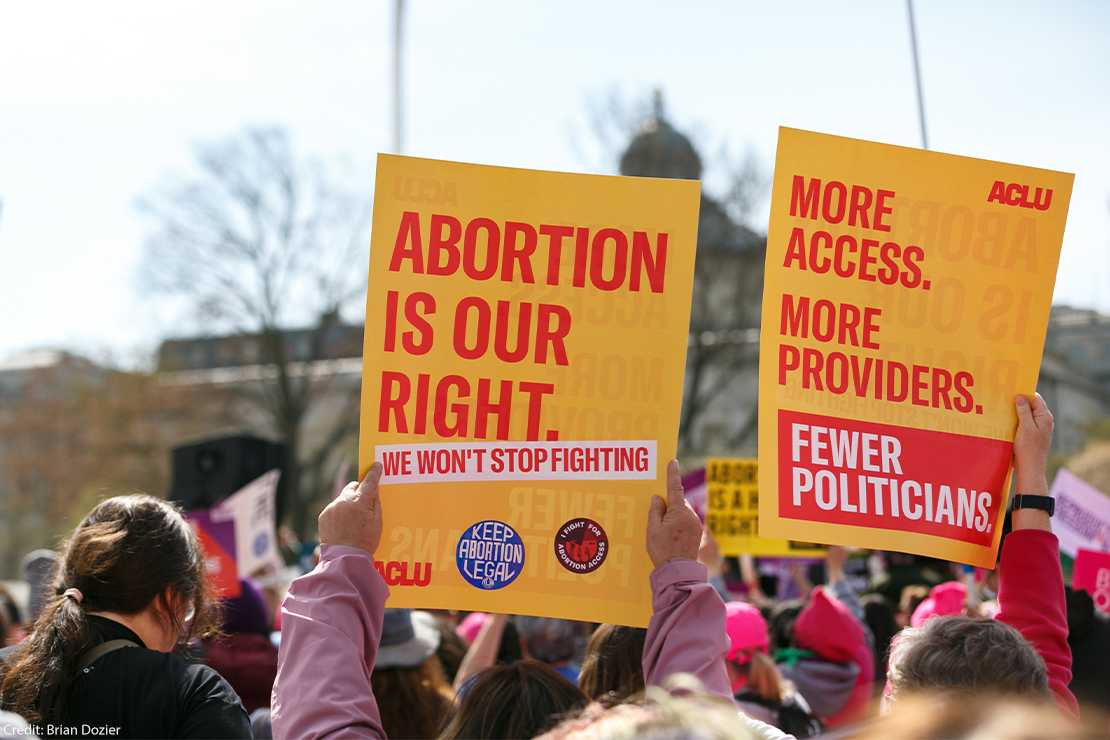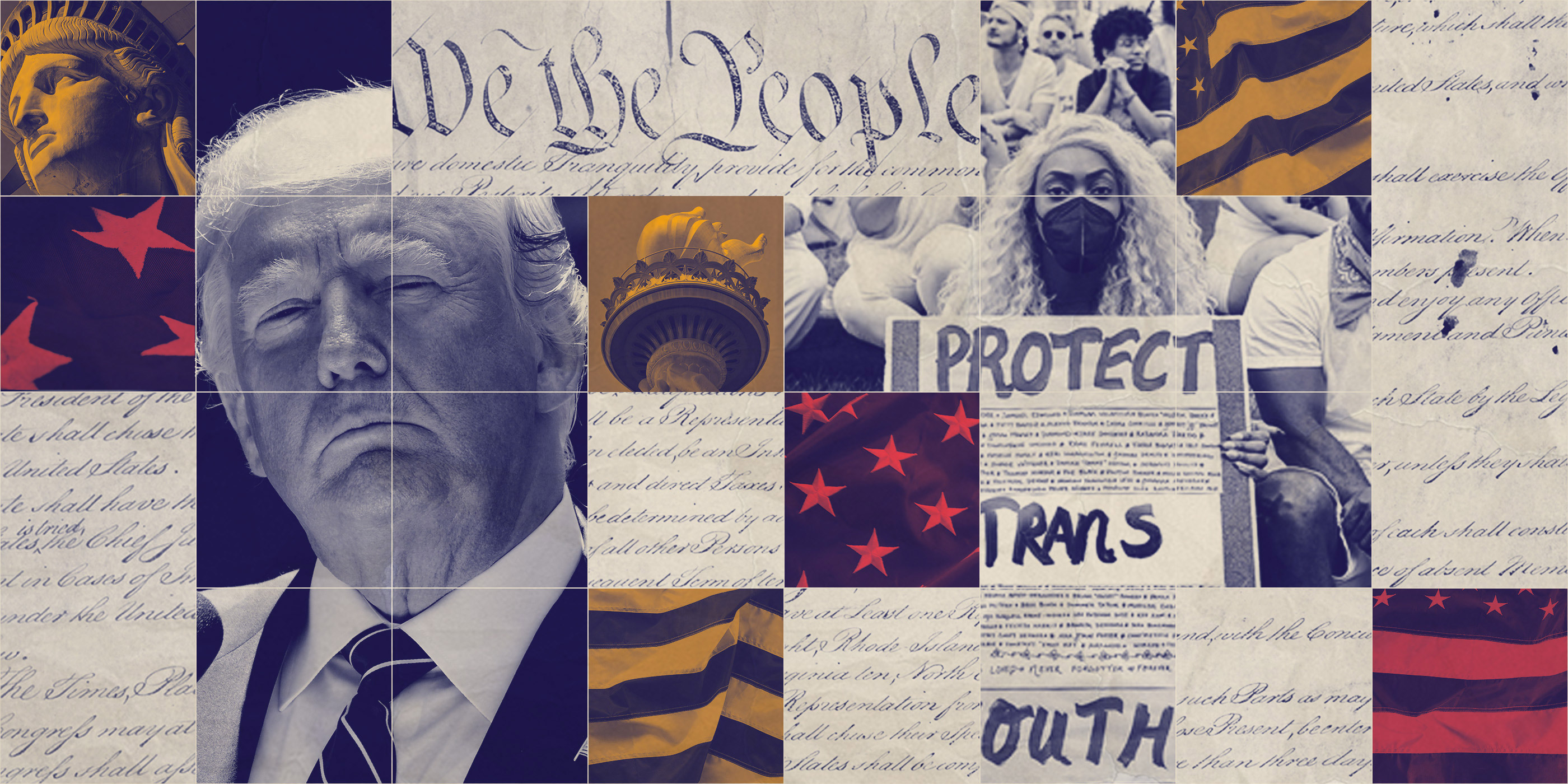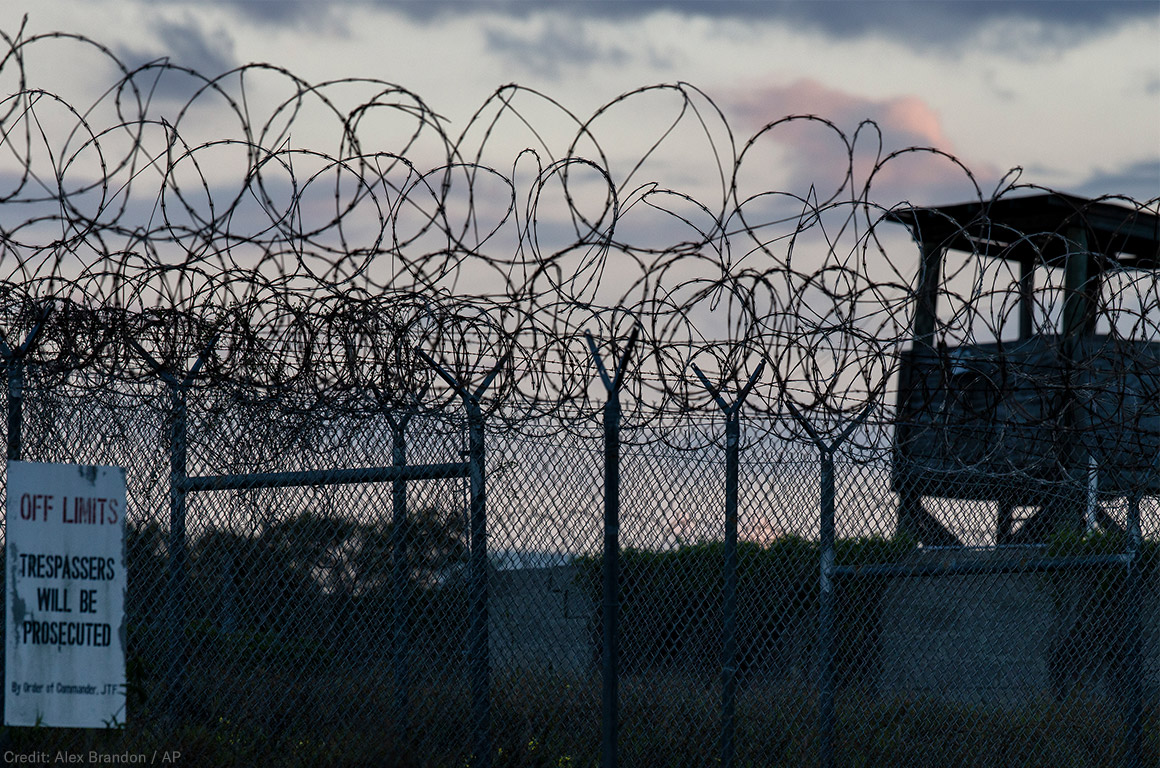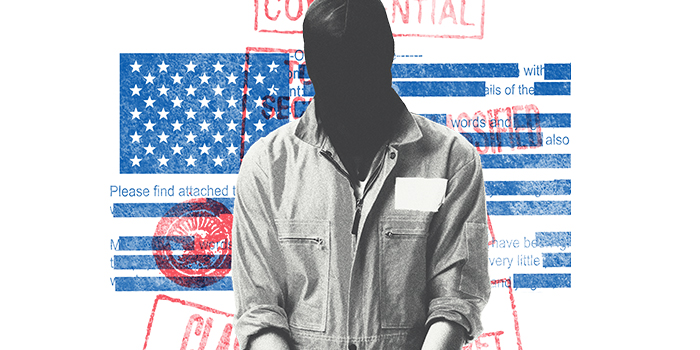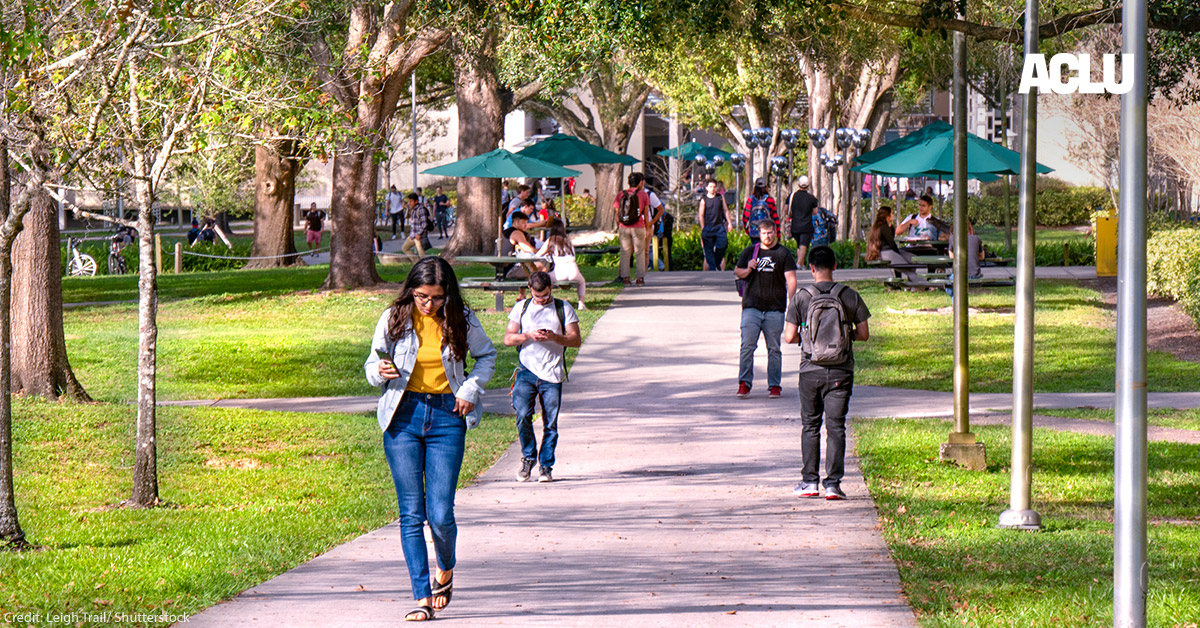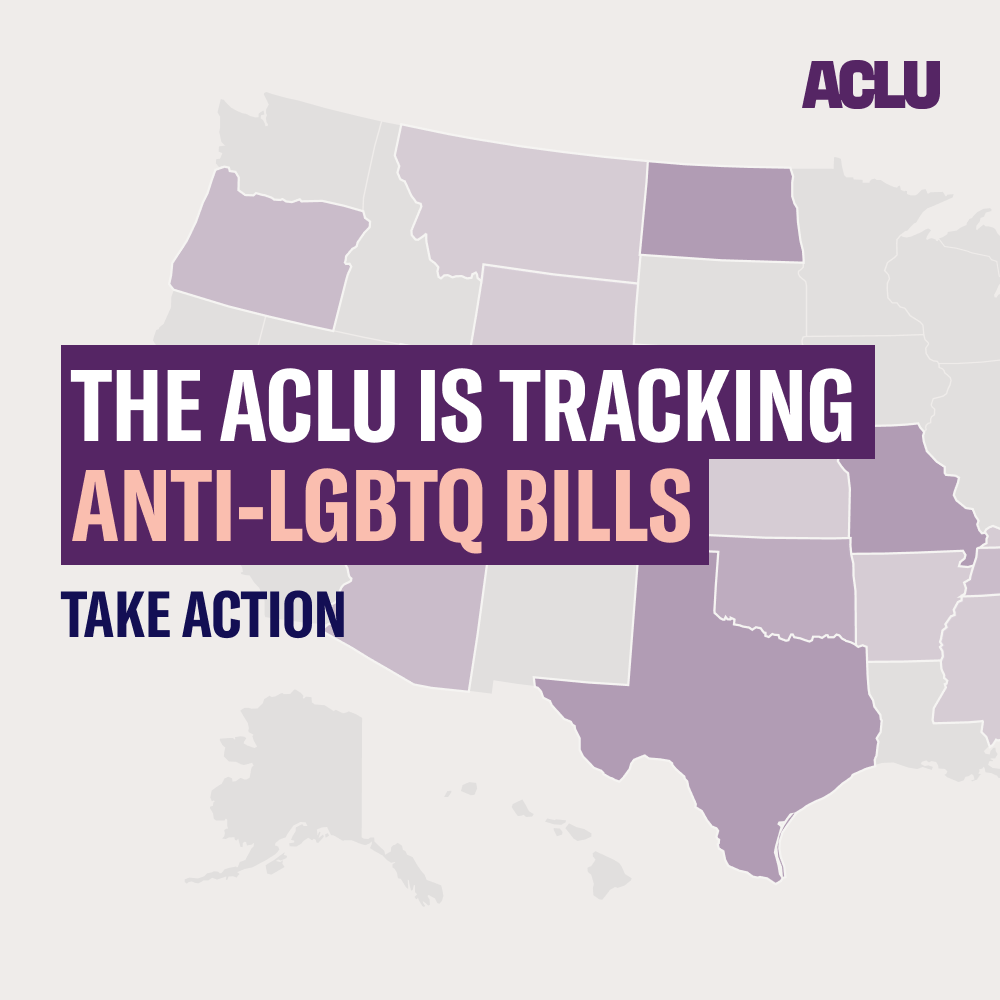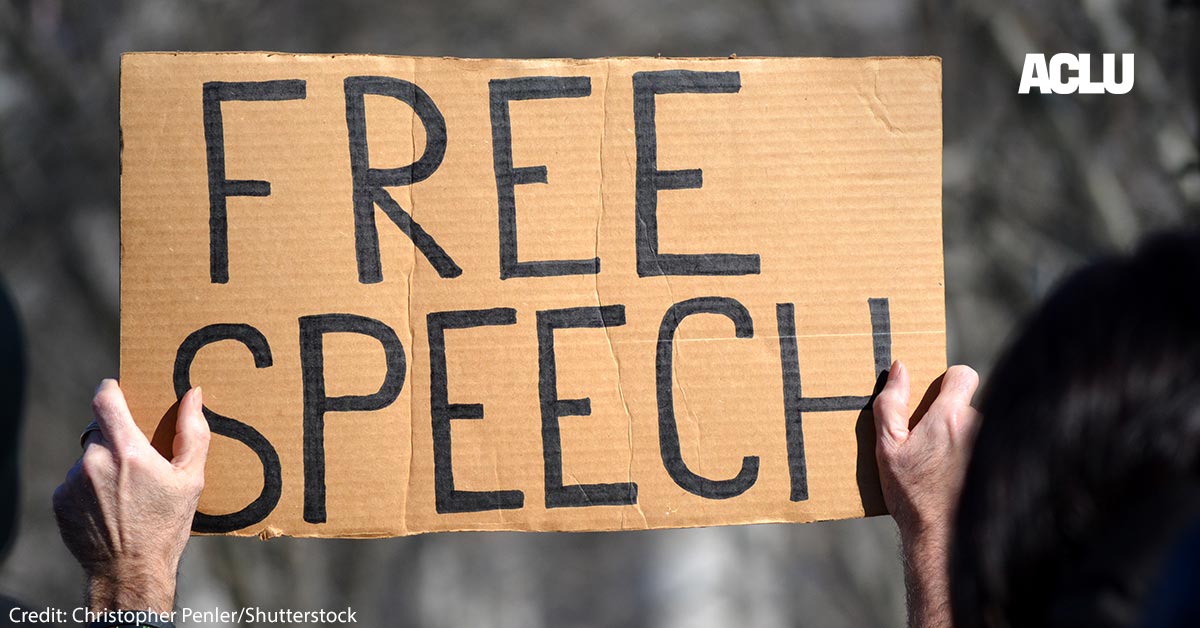How a Harris Administration Could Chart a New Course for Immigration Reform
Despite immigrants’ contributions to our communities and economy, our current immigration system still fails to provide a way for millions of immigrants to apply for legal status and citizenship. Instead, the system wastes billions of dollars on dangerous and unnecessary detention, frequently violates basic principles of fairness and due process, and fails to deliver on our legal and moral obligation to protect people fleeing persecution.
If elected, Vice President Kamala Harris has an opportunity to chart a new course. At the ACLU, we urge the Harris-Walz administration to champion policies that recognize the value of immigrants’ contributions to the United States, that humanely manage the border, that restore asylum and respect the rights of arriving immigrants, and that strengthen ways to lawfully come to this country.
Learn more in our breakdown.
Harris on Immigrants' Rights
The Facts: A Harris-Walz presidency must prioritize immigration reform that includes a path to citizenship and protection from deportation.
Specifically, we encourage a Harris administration to use its executive authority to protect longtime members of the immigrant community, including by issuing additional designations for Temporary Protected Status (TPS), and protecting parents and other caregivers from deportation. We will also urge Harris to work with Congress to prioritize reform efforts that will provide a pathway to citizenship and strengthen American families and communities.
To support meaningful asylum and border management reforms, Harris must go beyond “toughness” as the measure of policy. She will instead need to embrace and communicate the fact that a functional asylum system furthers our values and benefits American communities. Her administration will need to invest in solutions that restore and modernize the asylum system, ensure fairness for people seeking protection, and support the communities that receive new immigrants.
Why It Matters: Today, the vast majority of undocumented immigrants have lived in the United States for more than a decade, but under our current system they often cannot obtain legal status as there is no “line” for them to get into or “right way” to get citizenship. Right now, an estimated one in 10 American children live with someone who lacks legal status, including parents and siblings. These families live in fear of being broken apart through deportation. Many are at risk of deportation to countries they do not consider home — having left those countries as children — or where they would be unsafe due to conflict and crisis.
At the same time, global migration is at an all time high, yet people fleeing violence and persecution are left with few options to seek safety in the U.S. as the government has sought to restrict the legal right to seek asylum. These anti-asylum policies leave many vulnerable people in danger and do nothing to improve border management, our immigration court system, or coordination to receive our new neighbors.
How We Got Here: Throughout his presidency, Donald Trump aggressively attacked and undermined our nation’s asylum laws. Soon after Joe Biden’s inauguration, his administration restarted the refugee processing system, giving hope to many that the Trump era of scapegoating immigrants and dismantling our humanitarian protection system was over. However, the Biden administration never restored the asylum system. To the contrary, Biden initially elected to continue his predecessor’s unlawful “expulsion” policy. When it ended, he rolled out a new, extreme border restriction that largely mimicked two Trump-era policies, which courts had held as illegal.
In June 2024, the Biden administration doubled down on this approach with its illegal “Securing the Border” rule, further limiting access to protection for everyone at the border who is not able to obtain a rare port appointment to seek asylum. Adding to this, states like Texas have attempted to take enforcement of the federal immigration laws into their own hands, both at and beyond the border. Evidence has repeatedly demonstrated that state and local immigration enforcement leads to racial profiling and arbitrary detention — including of U.S. citizens — and terrorizes entire communities.
Our Roadmap: To start, the ACLU will urge a Harris-Walz administration to take aggressive executive action to dismantle the system of mass immigrant detention. Specifically, we are asking Harris to issue an executive order on immigrant detention that includes a moratorium on any new detention facilities, requires a review and closure of detention facilities with records of abuse, and phases private and contract detention centers. We will also encourage a Harris administration to exercise executive power to expand pathways for people inside and outside the United States — including our nation’s military veterans and people who have been wrongfully deported — to safely seek lawful status. The administration must also call for Congress to reduce funding for immigrant detention, and initiate a review of every person currently in immigration custody.
We will also work to persuade a Harris administration to restore access to asylum and end the Biden administration’s anti-asylum policies in favor of a balanced strategy that recognizes and protects the right to asylum while improving border management. Should a Harris-Walz administration adopt the Biden administration’s illegal anti-asylum policies, we will continue our legal fights against them.
We will also challenge state laws that target immigrant communities for harassment, racial profiling, arrest, banishment, or removal. We will urge the Harris-Walz administration to end the federal government’s collaboration with state and local anti-immigrant programs that violate civil rights, and to protect all communities from abusive, politically-motivated policies. Lastly, as we have done time and again, we will mobilize our members to elevate the will of the American people to take a balanced approach to immigration and for the U.S. to live up to its values.
What Our Experts Say: “A Harris administration could provide a critical opportunity to ensure a balanced and humane approach to U.S. immigration policy that recognizes the contributions of immigrants to our communities. Poll after poll, including research from the ACLU, shows that Americans support fair, orderly, and efficient policies that improve border management while offering a pathway to citizenship for our longtime neighbors – and a Harris administration should deliver on the will of the American people.” — Maribel Hernández Rivera, director of policy and government affairs for border and immigration at the ACLU
“If elected, a Kamala Harris administration has an opportunity to chart a new course on U.S. immigration policy and ensure a pathway to citizenship for longtime residents, while doing the critical work to restore our nation’s asylum system. As we have under every administration in the last two decades, we will continue to challenge the government when it violates the constitution and laws, as with prolonged immigration detention, detention of people in abusive conditions of confinement, anti-asylum bans, and immigration proceedings that violate due process and basic standards of fairness.” – Omar Jadwat, director of the ACLU’s Immigrants’ Rights Project
What You Can Do Today: Even as the number of deaths in ICE custody has risen dramatically, the Biden administration is actively attempting to expand the detention system with new contracts to private prison companies despite persistent records of abuse and medical negligence. Tell the Biden administration to release medically vulnerable people from ICE detention and shut down the mass detention machine once and for all.

